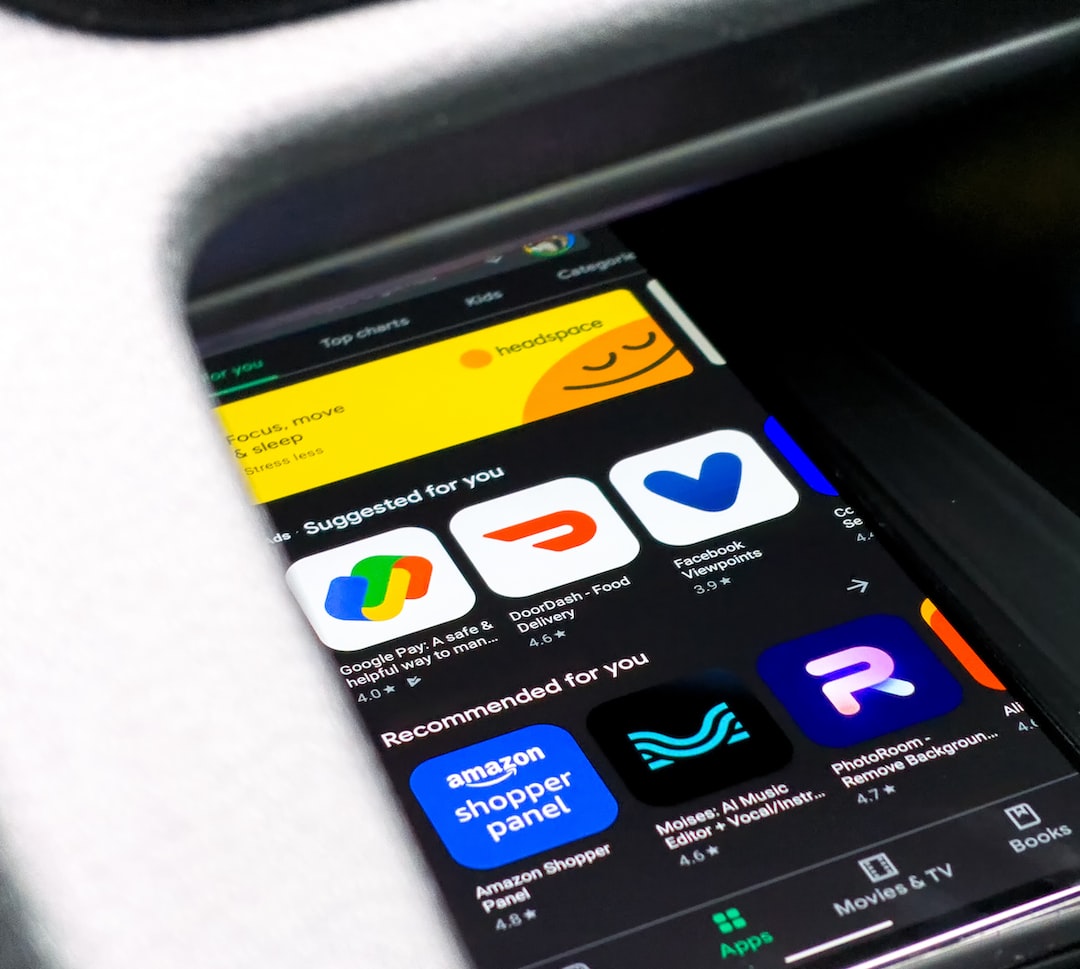The Rise of 5G Technology and its Implications for Industries
In the ever-evolving landscape of technology, the rise of 5G technology stands at the forefront of innovation. This fifth-generation technology promises lightning-fast data speeds, near-zero latency, and massive connectivity. With these advancements, 5G has the potential to revolutionize industries across the globe. In this blog post, we will explore the implications of 5G technology for various sectors and how it can transform the way we live and work.
One industry that is set to benefit greatly from 5G technology is healthcare. With its high-speed and low-latency capabilities, 5G can significantly enhance telemedicine. Remote surgeries, real-time patient monitoring, and fast access to medical records are just a few examples of how 5G can improve the delivery of healthcare services. Additionally, the internet of medical things (IoMT) will see a surge in growth, allowing for seamless connectivity between medical devices, wearables, and healthcare providers. This will result in more accurate and timely diagnoses, increased efficiency, and ultimately improve patient outcomes.
Another sector that will undergo a transformation due to 5G technology is autonomous transportation. Self-driving cars require reliable, fast, and uninterrupted connectivity to navigate the roads safely. With 5G, vehicles will be able to communicate with each other and the surrounding infrastructure in real-time, allowing for safer and more efficient transportation. Furthermore, the low-latency of 5G will enable quick decision-making by autonomous vehicles, making them even more reliable. The implications of autonomous transportation extend beyond personal vehicles, as autonomous delivery drones and trucks will also benefit from the speed and reliability of 5G.
The manufacturing industry is another sector that will experience significant changes due to 5G technology. The implementation of 5G networks in factories will lead to the establishment of smart factories that are fully connected and automated. This will enable manufacturers to optimize their operations, increase productivity, and reduce costs. With the low latency of 5G, machines and robots can communicate swiftly, responding to real-time data and making adjustments instantly. The real-time data collection and analysis capabilities of 5G will also enable predictive maintenance, reducing downtime and improving overall operational efficiency.
The entertainment industry is not to be left behind in the 5G revolution. With the increased bandwidth of 5G networks, streaming high-quality content, such as 4K and 8K videos, will become seamless. This will open up new opportunities for virtual and augmented reality experiences, as the low-latency of 5G allows for real-time interactions with virtual environments. Additionally, the gaming industry will benefit from faster and more stable connections, enabling cloud gaming and multiplayer experiences without lag.
The rise of 5G technology will also have a profound impact on the agriculture industry. With sensors and drones powered by 5G connectivity, farmers can gather real-time data about soil conditions, weather patterns, and crop health. This information can be used to make data-driven decisions, optimize farming practices, and increase crop yields. The automation capabilities of 5G can also be utilized to improve irrigation systems and reduce water wastage, leading to more sustainable farming practices.
These are just a few examples of how 5G technology is set to transform various industries. As 5G networks continue to roll out globally, businesses across different sectors must adapt and embrace the opportunities presented by this groundbreaking technology. The rise of 5G signifies a new era of connectivity, speed, and innovation, paving the way for a future that is smarter, more efficient, and interconnected.

